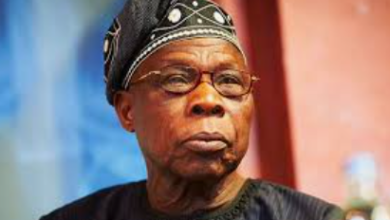New Momentum For National Carrier Project Following Nigeria Air Setback

After numerous failed attempts to establish a national airline since the collapse of Nigerian Airways in 2004, the government is reinvigorating efforts to launch a new carrier. With Nigeria Air’s recent struggles fresh in mind, industry experts are sharing insights on practical paths forward.
Nigerian Airways once represented a prosperous national asset until it ceased operations due to debts and management issues. Although the unveiling of Nigeria Air in May 2023 brought renewed hope, the project quickly faced backlash, with allegations that the airline launched using a leased Ethiopian Airlines aircraft. Critics pointed to transparency concerns, while the Airline Operators of Nigeria (AON) legally challenged the venture, advocating for fair and transparent business dealings.
As the aviation ministry awaits President Bola Tinubu’s decision on the suspended project, some have suggested a shift in strategy. The Asset Management Corporation of Nigeria (AMCON) proposes merging two locally-managed airlines, Arik and Aero Contractors, into a national carrier. AMCON argues that combining existing airlines could expedite the project while minimizing costs.
Others, like the Association of Foreign Airlines and Representatives in Nigeria, believe Nigeria would benefit more from a “flag carrier” model, a privately funded national airline representing Nigeria’s brand without direct government ownership. Industry leaders cite successful flag carriers like KLM and Lufthansa, emphasizing that private investment would reduce government liabilities while still providing national representation.
Supporters argue that a national airline would stimulate economic growth by retaining more revenue locally, creating jobs, and representing Nigeria internationally. Additionally, during emergencies, a national carrier could assist in citizen repatriation. However, critics caution against rushing into the venture without addressing governance and funding concerns.
With the future of a national carrier at a crossroads, stakeholders continue to deliberate whether Nigeria needs a fully government-owned airline or a private, investor-led approach to secure a sustainable and efficient model for the country.



